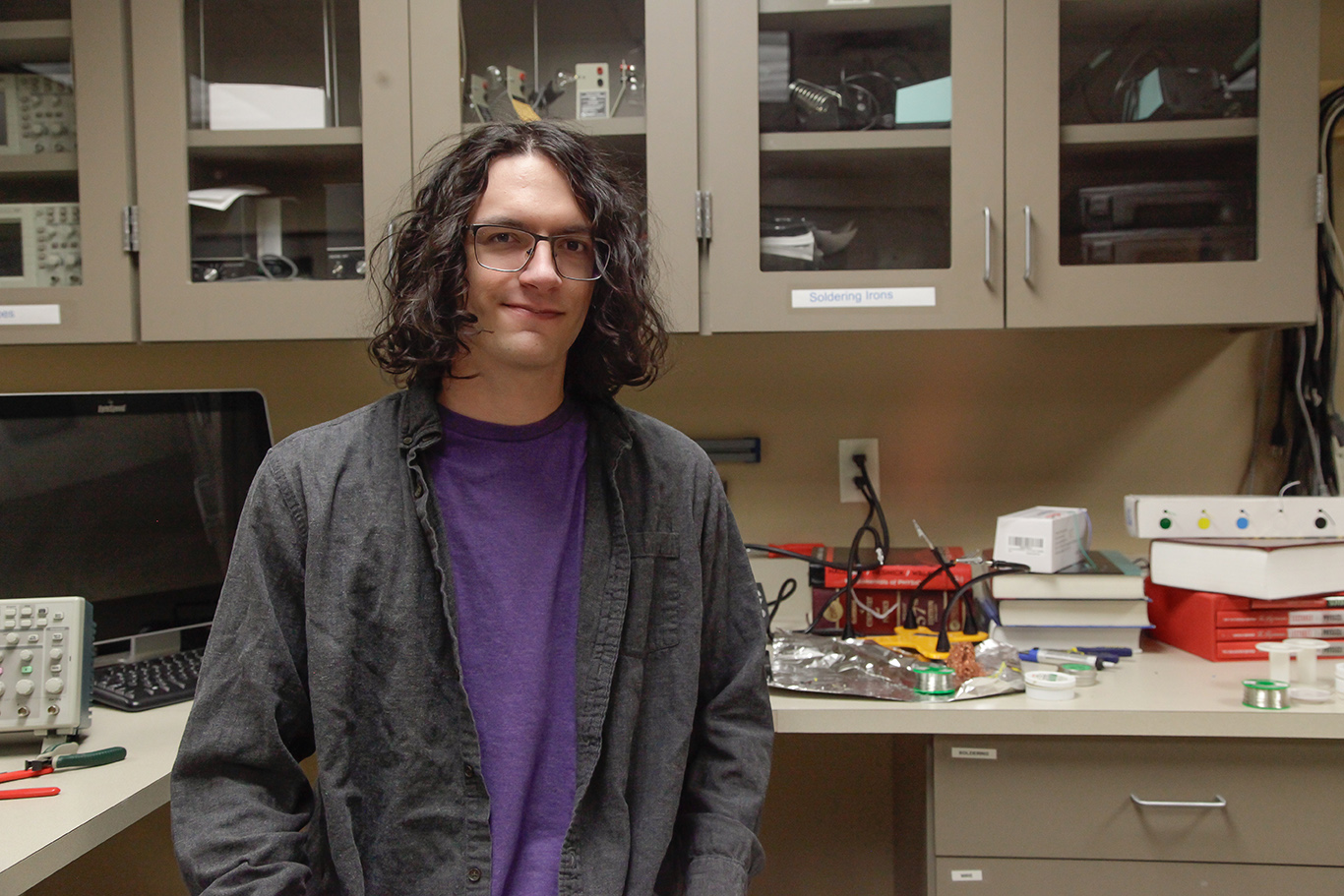Environmental Studies Options at MSUM
Students passionate about environmental studies have many options to be change-making environmental champions at MSU Moorhead. Not sure what part of environmental studies is right for you? That’s okay.
Several majors in our diverse Environment and Society programs at MSUM provide opportunities for real-world in-the-field experiences. Unlock inter-disciplinary career paths in the sciences of environment as well as the related culture and politics of society.
MSUM’s Sustainability degree engages with the politics, culture, policy and science of sustainable environmental practices in our society with a shared goal of preserving and promoting a healthy planet. Help shape environmental policy from a widely-interdisciplinary prospective.
Environmental and Human Geography brings together geology, social sciences, sustainability and other interdisciplinary studies with diverse curriculum. Explore the intersection of humans and the environment and unlock a variety of career paths.
Environmental Geology provides you with an opportunity to understand the physical systems and processes of the earth, including processes that will shape its future, with emphasis on aspects of rock, water, air, soil, and life where humans and the earth interact. Solve problems in surface and ground water pollution sediments, water and air.
The BA in Chemistry provides theory and practice using analytical chemistry instruments and techniques along with the ability to explore different contexts (geological, biological, etc.) with flexible elective selection. Graduates will be skilled in looking for the presence of chemicals in water, air and soil as well as measuring the amount of a chemical and compare them to EPA limits.
A degree in engineering physics builds students' practical skills, allowing them to participate in the ongoing revolution of sustainable energy.
Ecology and Evolutionary Biology emphasis highly encourages research and prepares students for Coastal Ecology, Veterinary school, DNR, Wildlife Management, or graduate school in Animal or Plant sciences.
A degree with an emphasis on one health prepares students for Public Health Microbiology, Public and Global Health Policy, Epidemiology, Biostatistics, Infectious Disease Management and graduate school in these disciplines. This emphasis approaches health with a one-health perspective that incorporates the study of human health, animal health and environmental health.
This degree combines project leadership with a focus on sustainable practices across industries. You’ll learn to manage real-world projects that balance environmental goals with organizational success. From green construction to corporate sustainability, graduates are prepared to lead businesses, nonprofits, and governments toward more responsible futures.
MSUM’s programs engage students in learning skills important for working in the environmental field as well as providing hands-on experiences. These majors prepare students for jobs in environmental studies or to continue their education in graduate school.
Environmental Studies Related Careers
| Career | Job Growth (2021-2031) | Median Pay |
|---|---|---|
| Biochemist | 15% | $102,270 |
| Conservation Scientist | 5% | $63,750 |
| Ecologist | 5% | $76,530 |
| Geologist | 5% | $83,680 |
| Wind Turbine Technician | 44% | $56,260 |
Add an environmental minor or certificate to strengthen your skillset and open up new career paths.
Add the Water Quality Certificate (WQC) to strengthen your understanding of the chemistry, geology, physics, and other sciences of water-related environmental challenges. You may combine the WQC with a major in chemistry to help solve problems in ground and surface water quality in the field.
Add a certificate in GIS to strengthen your skills with one of the most important and fastest-growing technology systems for analyzing environmental problems. Would you like a job in the environmental field but love working with computers? Add the GIS certificate to a major in sustainability for added job flexibility in a high-demand area.
This minor is perfect for those interested in the interaction of life and the earth. If you like water, fish, bugs, and frogs, and want to contribute to protecting these natural resources, combine this minor with a major in sustainability.
Add the environmental geology minor to expand your understanding of how pollutants migrate in natural environments. Interested in how people affect natural ecosystems? Combine the environmental geology minor with a major in biology with an emphasis in ecology and evolutionary biology.
Add a sustainability minor to broaden your expertise in environment with an understanding of systems, policy, practices, history, and sociology of environmental issues. Would you enjoy tackling science problems, but want a more people-oriented job? Add the sustainability minor to a major in either chemistry or engineering physics to expand on your ability to contribute to challenges in pollutant mitigation and energy systems in a political world.
Add the cultural ecology minor to expand your understanding of the environmental perspective of different groups of people and how those perspectives impact policy. Address problems with water pollution with a sensitivity to Native American and other perspectives by combining the cultural ecology minor with a major in environmental geology.
Consider an environmental geography minor if you really like the big picture or climate, water, land, and people. Want to make a difference in the battle against global climate change? Combine the environmental geography minor with a major in engineering physics to work with climate-affecting energy systems.
Add lab and analytical work to your job possibilities with a chemistry minor. If you enjoy figuring out problems with chemical pollutants in the environment, combine the chemistry minor with a major in environmental geology for expanded job options in environmental water quality.
This minor allows for students to engage in electives heavily focused on cultural resource management and is perfect for those interested in preserving our natural and cultural resources. Those who like in-the-field projects that combine archaeology and science should consider adding this minor with cultural resource management electives to a major in Biology with an emphasis in Ecology and Evolutionary Biology to pursue a career preserving our cultural and natural heritage.



